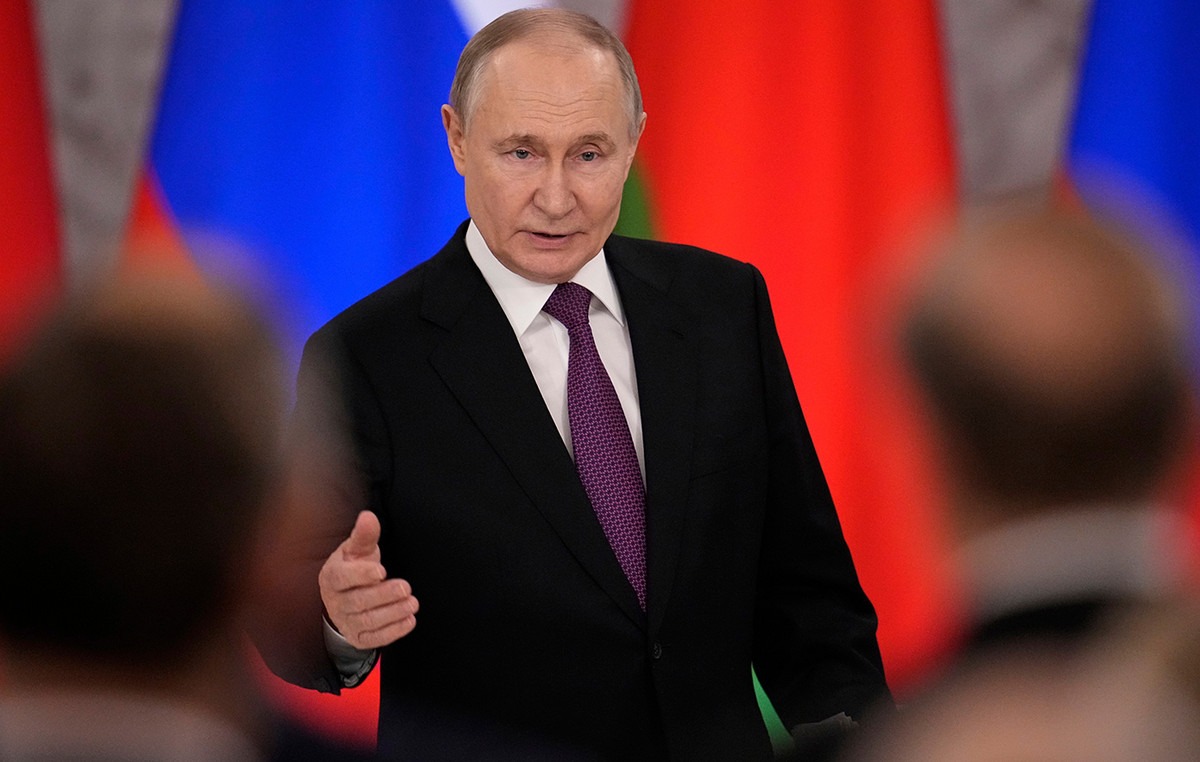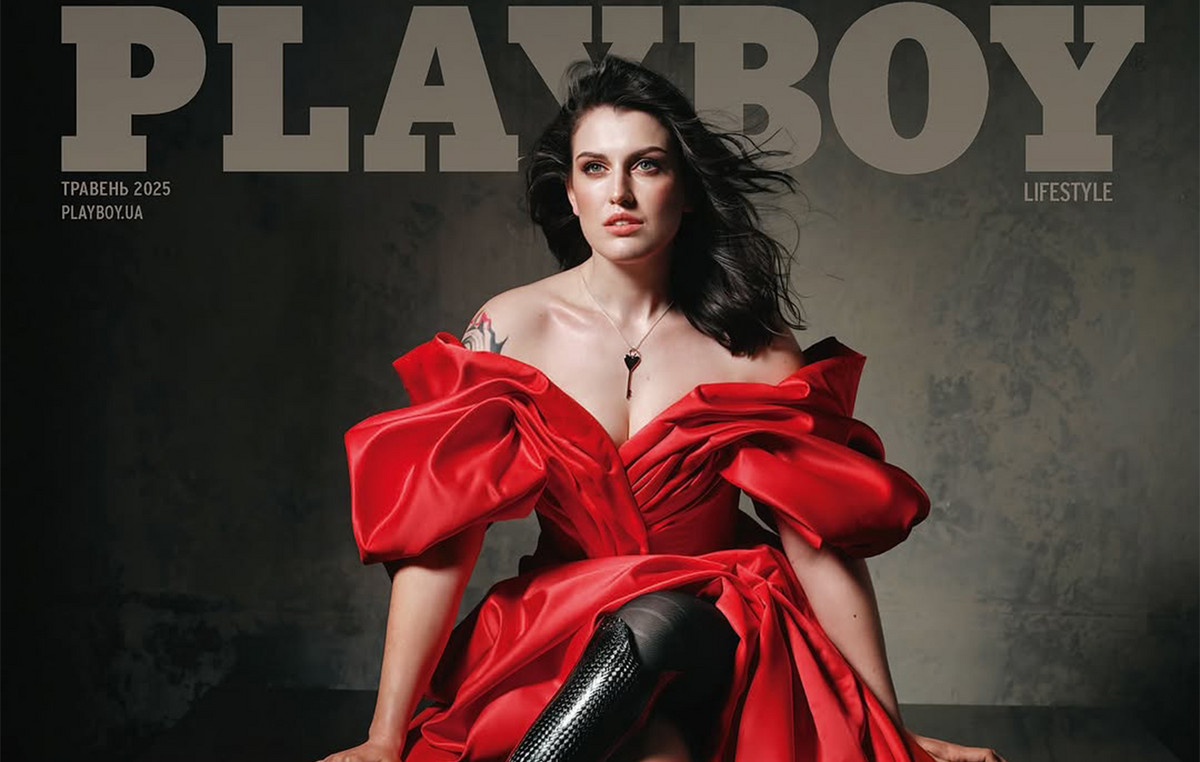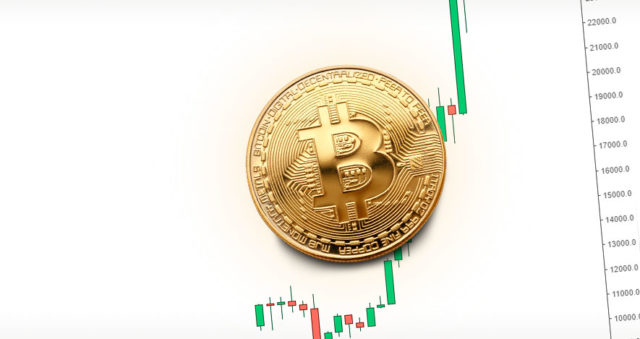From this Tuesday (11), WhatsApp will allow users in Brazil to buy products and services through the messaging application. Payments will be made directly in the chat after registering bank details, said Meta, the app’s controller.
The service, which has been awaiting regulatory approval for years, will focus primarily on small merchants and will be gradually implemented, according to WhatsApp, which claims that 99% of smartphones in Brazil have the application installed.
WhatsApp’s functionality for resource transfers between individuals and then payments was announced by Meta in mid-2020, when the controlling group was still called Facebook.
However, the tool was quickly blocked by the Central Bank (BC) and by the Administrative Council for Economic Defense (Cade).
Municipalities’ fears included impacts on the country’s payment system in terms of competition, efficiency and data privacy, as well as the need for certain regulatory licenses.
Cade, days later, lifted the suspension, while BC released the transfer between individuals only in the first half of 2021 and the payment modality only in March of this year.
In the meantime, Pix, the BC’s own instant payment service, was launched and consolidated in Brazil, also offering free transfer of funds between individuals and a payment tool.
Guilherme Horn, head of WhatsApp in Latin America, told Reuters that, for him, “payment through WhatsApp is complementary to Pix”, and the application intends to include the BC payment modality in its system in the future.
Initially, WhatsApp will accept debit, credit and prepaid cards.
To buy via WhatsApp, you will need to register your bank details in the “payments” tab of the app, with the initial portfolio involving around 15 banks. Afterwards, the payment itself can be made in the chat with the company itself.
Regarding the security of the modality, Horn said that the Visa and Mastercard brands, WhatsApp’s partners in the business, will tokenize the cards, that is, a digital representation that will be stored.
If there is any change in the cell phone, such as changing numbers or chip, the process has to be redone.
The tokenization replaces sensitive information “without exposing any sensitive account information, reducing the risk of fraud,” the company said, adding that “not even the seller will have access to the tokenized payment information.”
In addition, the user will also have a password to use the WhatsApp payment method. This password can be replaced by fingerprint or facial recognition.
gradual start
At first, the sale will only be available to some businesses that use WhatsApp Business, a business-oriented version of the app.
The messaging service also has the WhatsApp Business API, a more robust and paid version aimed at larger companies, but which will be left out of the payment method for now.
The focus on small entrepreneurs is a WhatsApp strategy for launching the product, as BC has not set limits in this regard.
Horn did not say how many merchants will be able to sell the products on the initial platform or the total number of WhatsApp Business participants in Brazil. The idea is to cover all customers in this segment in “a few months”, according to the company.
In India, the only other country where WhatsApp has non-pilot payment operations, the app’s focus is on companies using the WhatsApp Business API.
Merchants will still have to be registered with Cielo, Mercado Pago, Mercado Livre, or Rede, Itaú Unibanco. Other acquirers are in the testing phase as well and will be available on the service soon, according to WhatsApp.
The head of the messaging application in Latin America said that there will be no limitation on the amount of user payments in a given period of time, a process that will be regulated by banks and acquirers according to common card transactions. The user will also not be able to impose limits on their own purchases.
WhatsApp charges a fee from acquirers, who, in turn, pass on part of it to customers. The parties did not disclose the percentage, but Estanislau Bassols, from Cielo, said that the service is “competitive”.
Regarding the modality, he said that few solutions work so “indistinctly” in terms of public, reaching companies of different sizes and segments.
revenue driver
The entry into Brazil of payments via WhatsApp occurs after the company launched in 2022 a function to search for contacts of businesses through the application. “We’ve seen more and more (purchase) journeys move into WhatsApp,” Horn said.
For him, WhatsApp’s main financial gain with the payment tool will be by boosting revenue from other businesses. For example, advertisers on Facebook and Instagram are currently able to take consumers through links to WhatsApp, but now that interaction can end in a purchase.
Asked if there is an intention to expand WhatsApp’s financial services to other countries, especially in Latin America, Horn confirmed that it is part of the plans, but did not detail when.
The executive noted that “this is a local regulatory functionality, it is not a functionality that you expand to other countries”, remembering the need for regulatory approvals in each country.
Source: CNN Brasil
Charles Grill is a tech-savvy writer with over 3 years of experience in the field. He writes on a variety of technology-related topics and has a strong focus on the latest advancements in the industry. He is connected with several online news websites and is currently contributing to a technology-focused platform.







